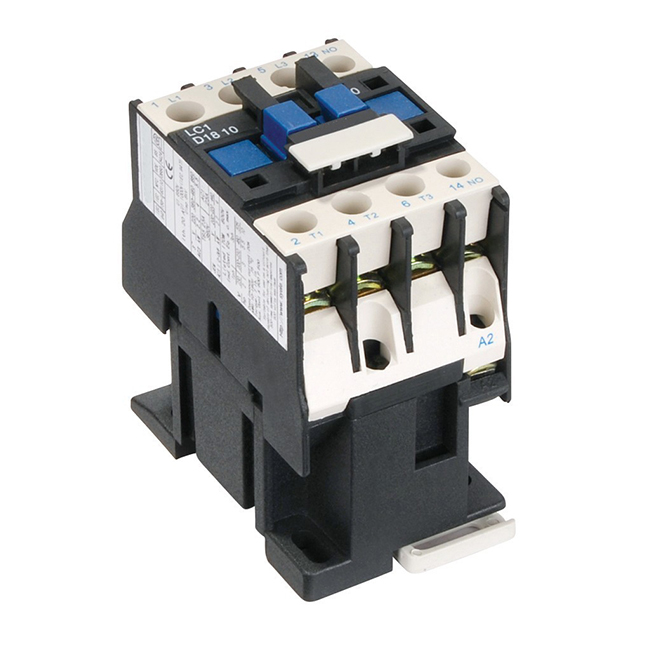Similar to contactors, intermediate relays share a comparable structural design. As such, troubleshooting tips for contact issues and the electromagnetic system can largely be applied from the relevant sections of contactor maintenance. However, one unique issue with intermediate relays is the tendency for their contacts to experience false connection faults. These faults typically arise during the operation of an electrical control system and may not occur consistently or predictably, making them challenging to detect. Unfortunately, when they do happen, they can lead to significant accidents. The root cause often lies in the actual voltage across the relay coil being less than 85% of its rated voltage due to fluctuations in the contact resistance of the control circuit. This insufficient voltage prevents the core from being properly attracted, thereby disrupting the intended control function.
To mitigate this problem, it's advisable to avoid using control voltages of 12V or lower, as these low-voltage circuits are particularly susceptible to contact virtual connection faults. If a 24V control voltage is used, adding parallel contacts can enhance operational reliability. In cases where a low-voltage control loop is unavoidable, opting for 48V instead of lower voltages can help reduce risks. Ideally, control loops should aim for a rated control voltage of 110V or higher to significantly minimize the likelihood of contact virtual connections. By adhering to these guidelines, the overall reliability and safety of the system can be greatly improved.
In addition to the technical considerations, it’s crucial to perform regular maintenance checks on intermediate relays to ensure their proper functioning. This includes inspecting the contacts for signs of wear or damage and verifying that all connections remain secure. Environmental factors such as temperature and humidity can also impact relay performance, so maintaining appropriate operating conditions is essential. Furthermore, keeping detailed records of any past malfunctions can provide valuable insights for future troubleshooting efforts. By staying proactive and informed, you can minimize the occurrence of these potentially hazardous faults and ensure the smooth operation of your electrical systems.
LC1-D series AC Contactor is a kind of econimic products.It can be worked in different quality lever. Big difference for each quality level depend on the raw material and silver contact.This model magnetic AC Contactor can match any quality level demand in the market. LC1-D series magnetic contactors are exact copy one of the most advanced big company schneider model. The quality and design are most reasonable which certified by the user in the market for a long time.
The magnetic Contactor is suitable for using in the circuits up to the rated voltage 660VAC 50Hz or 60Hz, rated current up to 95A, for making and breaking and frequently start, controlling the AC motor. Combined with the auxiliary contactor group, air delayer, machine interlocking devices etc. It is combined into the delay contactor, mechanical interlocking contactor, start-delta starter, with the thermal relay, it is combined into the electromagnetic starter.

Economic AC Contactor,Motor Control Contactor,Industrial Use AC Contactor,Motor Control AC Contactor
Ningbo Bond Industrial Electric Co., Ltd. , https://www.bondelectro.com